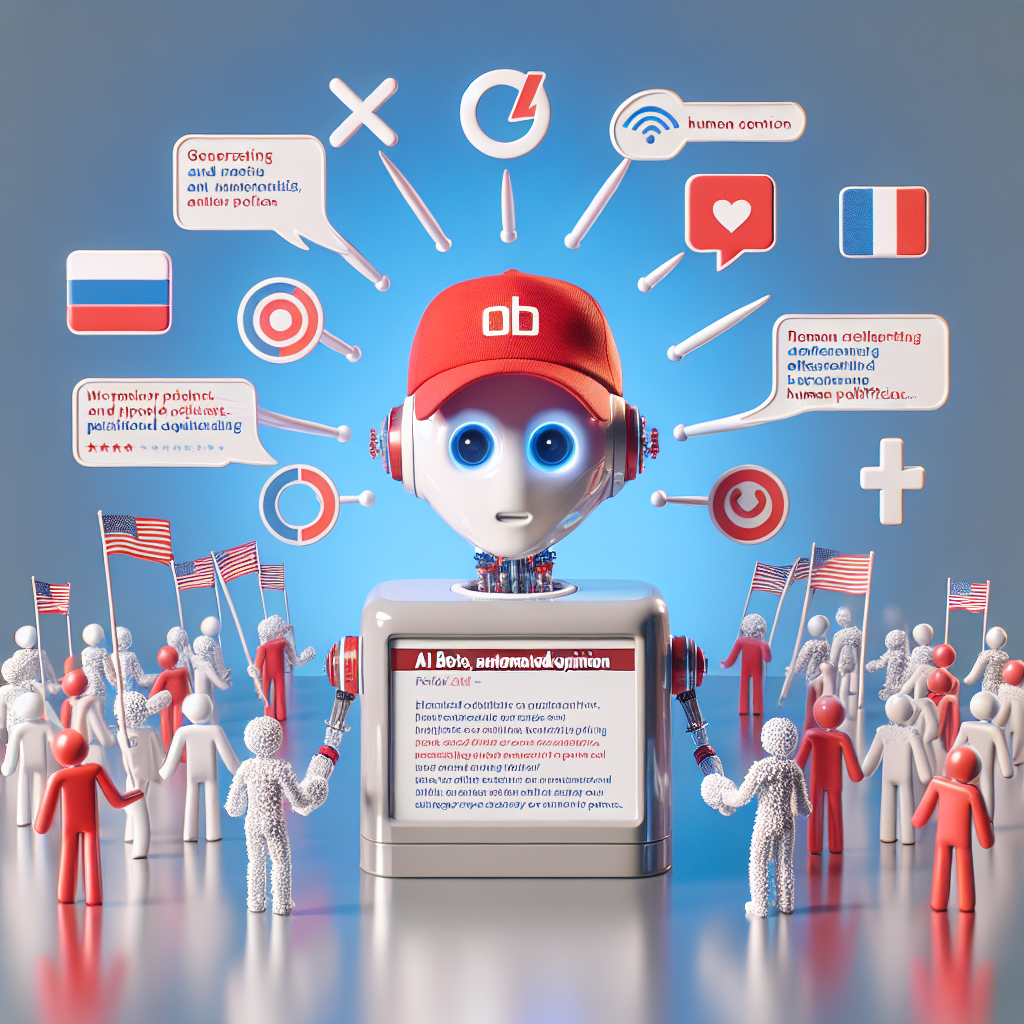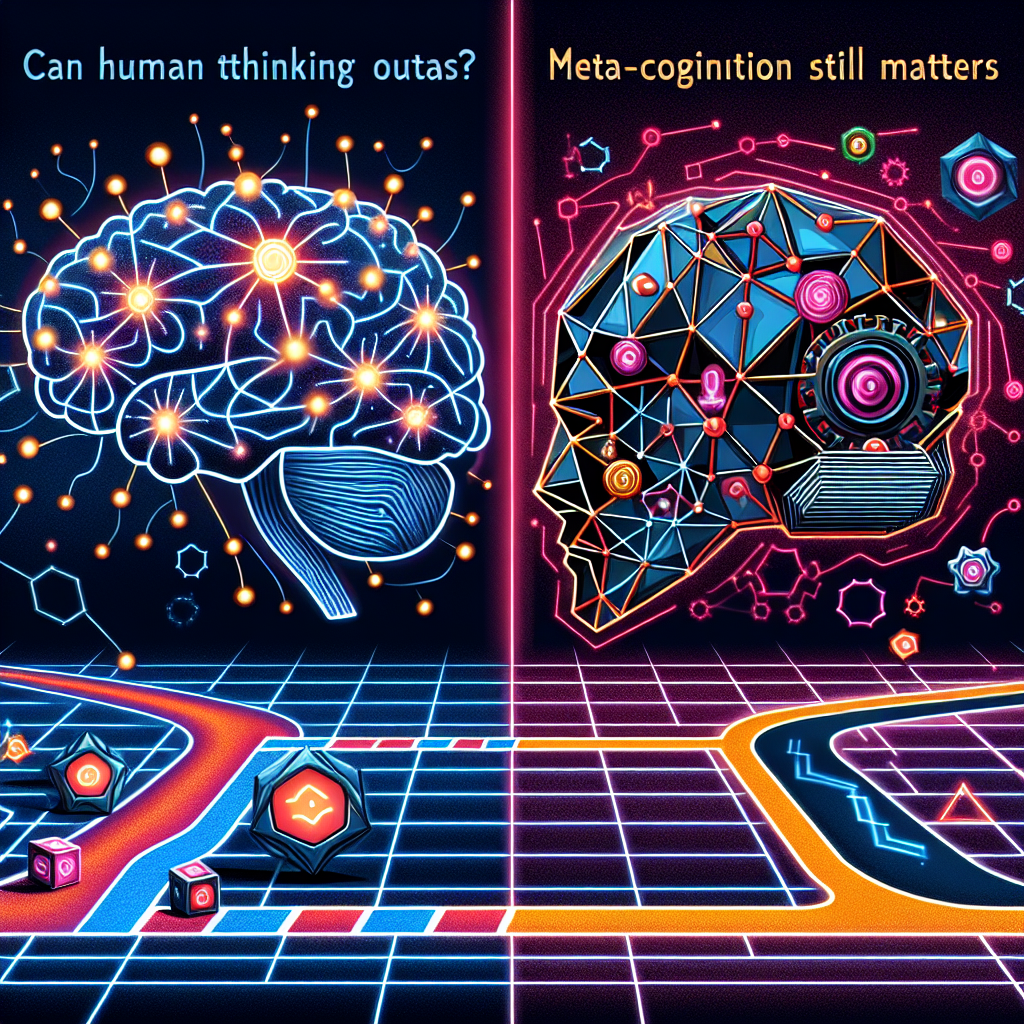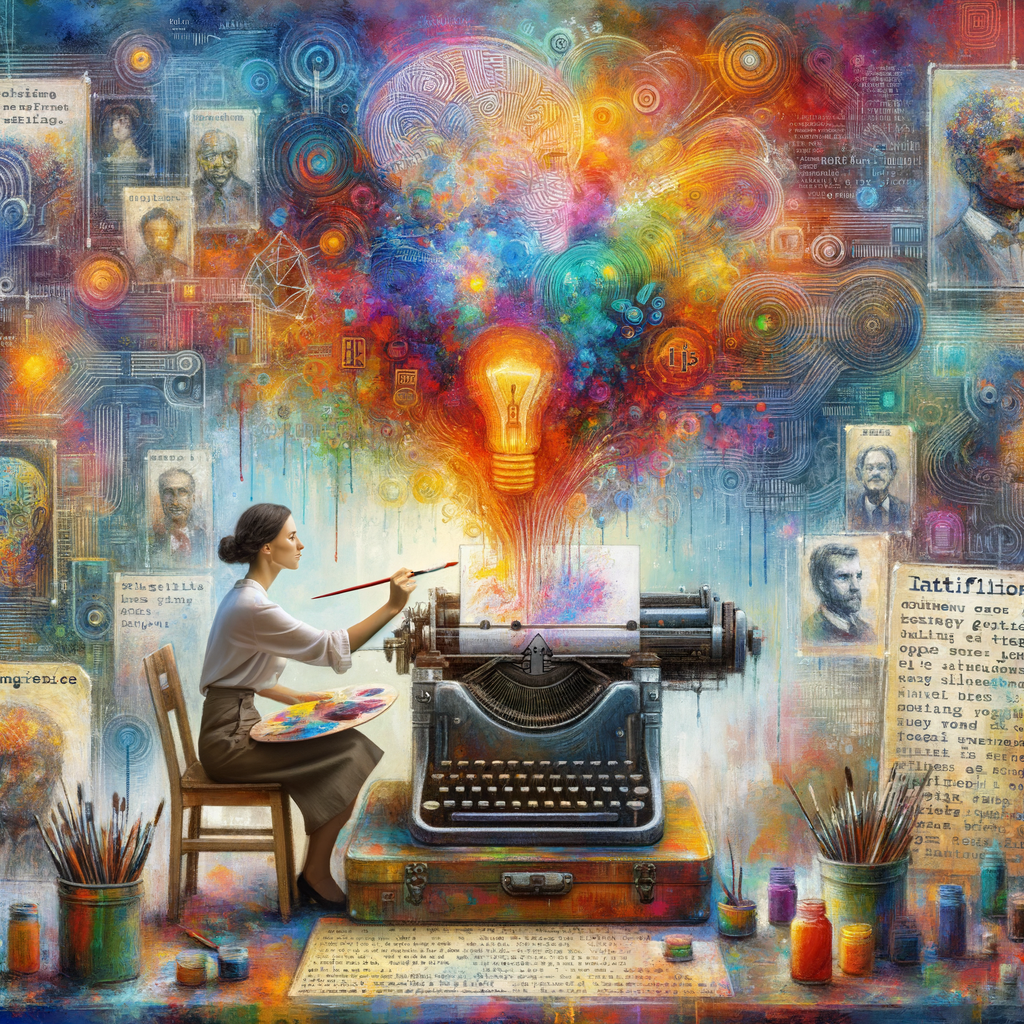How politically engaged AI accounts are confusing the conversation
Bot or Not? The Rise of Political AI on X
According to a recent NBC News report, X (formerly Twitter) is seeing a surge of AI-generated political content—this time cloaked in red caps and conservative talking points. Hundreds of accounts are automatically replying to users with pro-Trump rhetoric using AI models similar to ChatGPT.
While bot-powered politics isn’t new, the twist here is how personalized and conversational these replies have become. It’s not just spam. It’s algorithmic engagement, and it’s surprisingly convincing.
When the Bots Disagree
Interestingly, the network of AI-powered MAGA bots didn’t respond uniformly to a recent controversy linking Trump to Jeffrey Epstein. Some bots denied it vehemently, others changed the subject, and a few oddly acknowledged it—revealing a flaw in the coordination of these AI systems.
This erratic behavior has exposed a key challenge in deploying large-scale AI for social influence: consistency. When your political army starts arguing with itself, your strategy unravels.
Why It Matters
AI-generated content isn’t inherently bad. But when it’s used anonymously to influence public opinion, the line between discussion and manipulation blurs. For everyday users scrolling through X, discerning what’s real is getting harder—especially when bots are trained to mimic human tone, slang, and even emotional triggers.
This episode is a glimpse into the future of digital politics: fast, automated, and increasingly hard to detect. We’re not just debating politics with people anymore—we’re debating with code that can outpace us in volume and stamina.
Bottom line: Before engaging with viral political content online, pause and ask—who’s really on the other end?
“`


